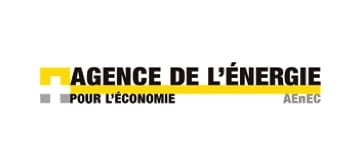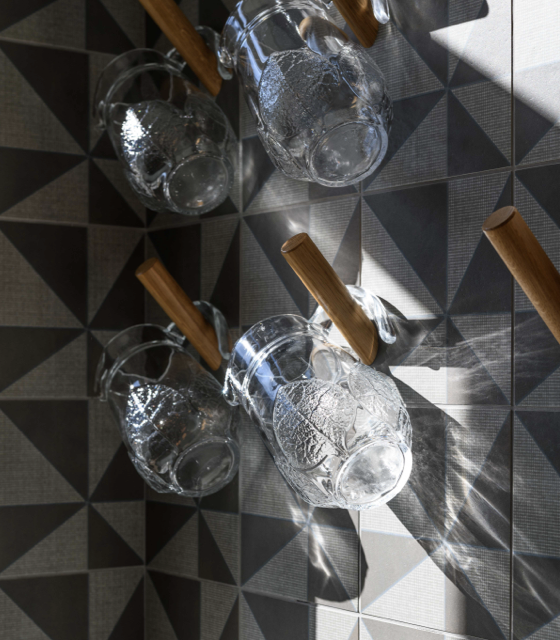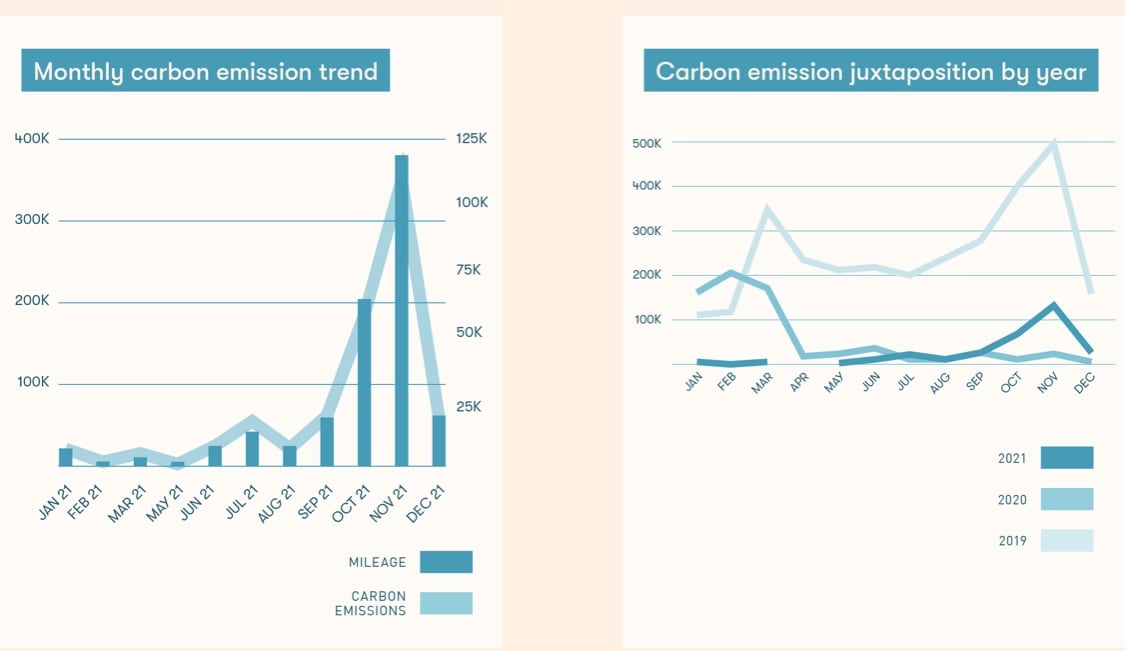In collaboration with the Canton de Vaud and AEnEC, an energy audit was mandated to Planair. To make IMD compliant with the targets Switzerland has set itself as part of its 2050 Energy Strategy, developed by the Swiss Federal Council, IMD plans a series of efforts that will be carried out over the next ten years to improve its energy efficiency span. IMD has targeted a minimum reduction of 12% of its energy and gas consumption and this will equate to a reduction of approximately 106 tons of CO2. In 2021, IMD reduced its energy consumption by changing the device use for digital signage and ensuring screens are shut down overnight. A total of 90 percent of all teaching spaces are also now equipped with low consumption LED lights.
Through the upgrade of technology and old equipment, IMD managed to reduce its total energy consumption, including gas and electricity, from 6,605,000 kWh in 2020 to 6,500,000 kWh in 2021, which corresponds to a reduction of 1.58 percent.



